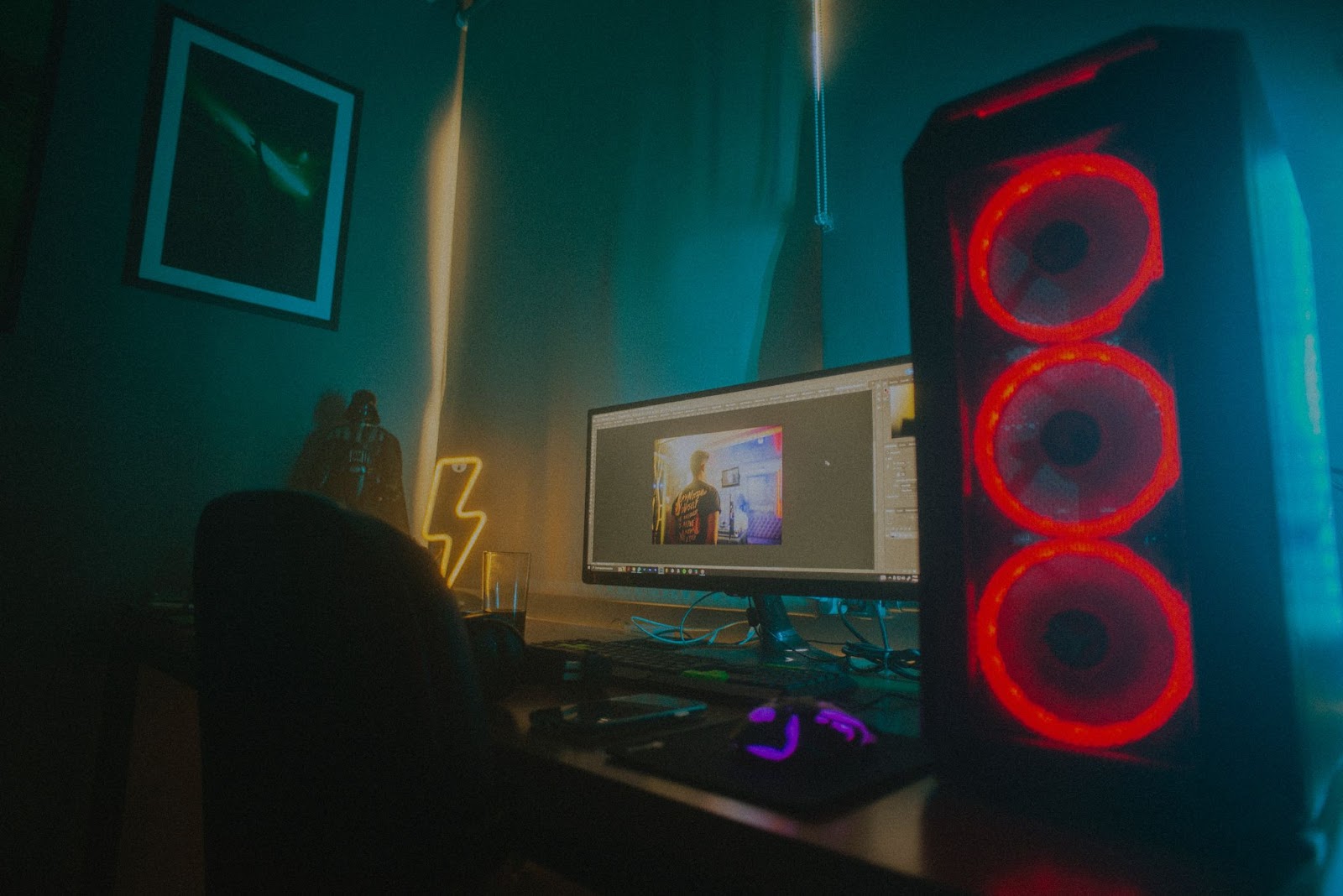
Skill and chance are key components that distinguish different sorts of games, impacting player involvement, game design, and even legal status. While the goal and gameplay of PC and casino games may appear to be diametrically opposed, analyzing the roles of skill and chance in each can provide fascinating insights. In this section, I’ll look at how these components emerge in both groups.
Skill-Based Elements in PC Games
In PC gaming, talent plays a prominent and multifaceted role. Cognitive and motor ability are examples of skills. Strategy games, for example, “Civilization” or “Starcraft” need long-term planning, resource management, and tactical expertise. First-person shooters such as “Call of Duty” need quick reactions and spatial awareness. In PC games, the mix of skill-based components is frequently deliberately engineered to give a gradual learning curve. As players devote more time, they gain demonstrable proficiency, making the game experience more gratifying.
The concept of talent in PC gaming is not uniform. varied games place varied emphasis on certain sorts of talents. Some jobs may call on logical reasoning and puzzle-solving skills, while others may value hand-eye coordination and rapid decision-making.
Chance-Based Elements in Casino Games
On the other hand, casino games are often designed with a significant element of chance. Games like roulette, craps, and slot machines are almost entirely luck-based. Even in games where skill plays a role, like blackjack or poker, the element of chance introduced by the shuffling of cards is a significant factor. The uncertainty generated by this randomness is a primary driver of excitement and engagement in casino games.
However, it’s worth noting that the role of chance in casino games is often mathematically quantified and rigorously managed to ensure a house edge. Unlike in PC games, where the challenge often stems from outperforming an AI or other players, the primary antagonist in a casino game is usually the inherent probabilistic nature of the game mechanics. The house edge ensures that, over a long enough period, the casino will almost always come out on top, thus creating a different kind of challenge for players.
Skill Versus Chance: A Numerical Perspective
One way to further elucidate the distinction between skill and chance in games is by quantifying these elements. A numerical perspective can help to:
- Risk-Reward Ratios: In casino games, mathematical models like expected value can quantify the risk and reward, offering insights into the role of chance. For instance, games like Fortune Tiger, available at tiger-fortune.org, often have well-defined payback percentages and odds that allow players to understand the level of chance involved.
- Skill Ceiling and Floor: In PC games, metrics such as “Elo ratings” in competitive multiplayer games can offer a quantitative measure of skill level, allowing for comparisons among players.
- Player Retention: Both PC and casino games often use analytics to measure player engagement and retention, which can indicate how well the game balances skill and chance to keep players involved.
- Legal Classifications: The degree to which a game is based on skill or chance can influence its legal status, with some jurisdictions using numerical thresholds to make this determination.
- Economic Impact: The balance of skill and chance can influence player spending, either through microtransactions in PC games or wagers in casino games. A quantitative analysis can help understand this dynamic.
Comparative Analysis: Complexity and Engagement
PC games often offer complex environments that allow for a rich tapestry of skills to be developed and deployed. This complexity often results in a deeper level of engagement, as players seek to master the various elements involved. In contrast, the simplicity and straightforwardness of most casino games make them easy to understand but offer less depth in terms of skill development. This doesn’t make casino games any less engaging, but the nature of the engagement is fundamentally different, often relying on the thrill of risk and reward.

Ethical Considerations
When discussing skill and chance in gaming, ethical considerations, particularly around the issue of gambling, cannot be overlooked. The infusion of chance-based mechanics in PC games, often through features like “loot boxes,” has raised concerns about the ethical implications of introducing gambling-like elements in skill-based environments. This blurring of boundaries poses questions about player exploitation and the appropriateness of such mechanisms, especially in games accessible to younger audiences.
Integration of Skill and Chance
Interestingly, there’s a growing trend to incorporate elements of both skill and chance in both domains. Modern casino games are starting to introduce skill-based bonuses, and as mentioned, PC games are increasingly incorporating chance-based loot boxes or random events. This blending of elements suggests that the dichotomy between skill and chance is not as rigid as it may initially appear and that there’s room for innovative crossover between the two categories.
Conclusion
While skill and chance serve as distinguishing features between PC and casino games, the lines are increasingly blurring. Both elements offer distinct avenues for engagement and excitement, but they also carry their unique ethical and design challenges. The future will likely see more integration of skill and chance across both platforms, requiring game designers and stakeholders to think critically about how these elements shape player experience and the ethical implications therein. The key takeaway is that skill and chance are not mutually exclusive but can coexist in complex ways to create diverse and engaging gaming experiences.


